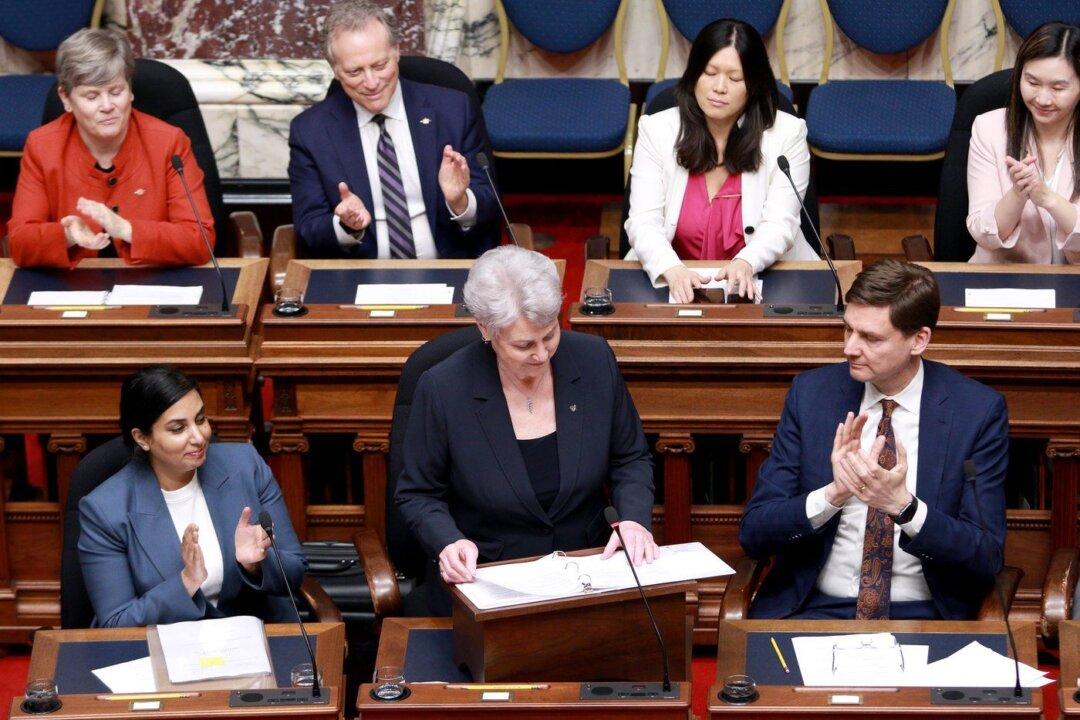British Columbia has implemented a new tax that targets the quick sale of residential properties in a bid to “discourage speculators” from driving up housing costs.
The province’s home-flipping tax, unveiled Feb. 22 as part of the 2024 budget, will single out people who sell homes two years or less after purchasing. It is set to take effect Jan. 1, 2025.





